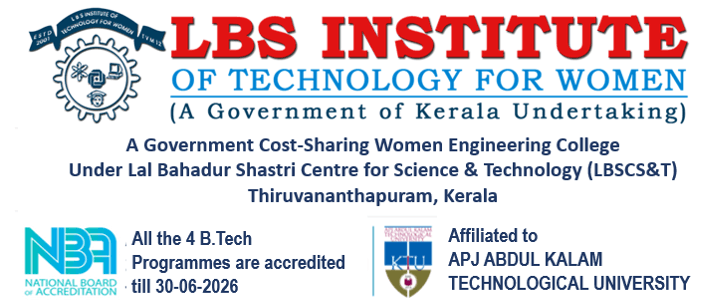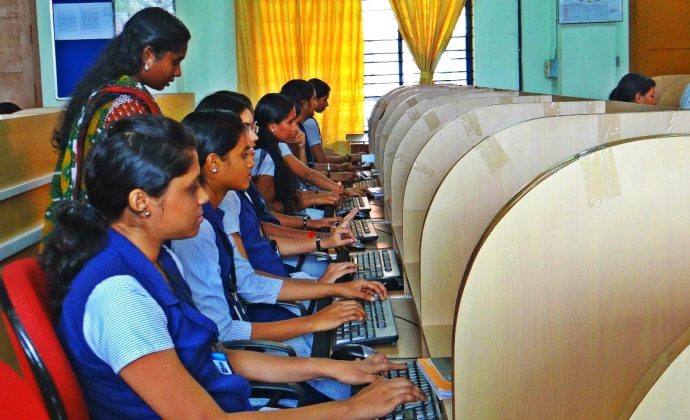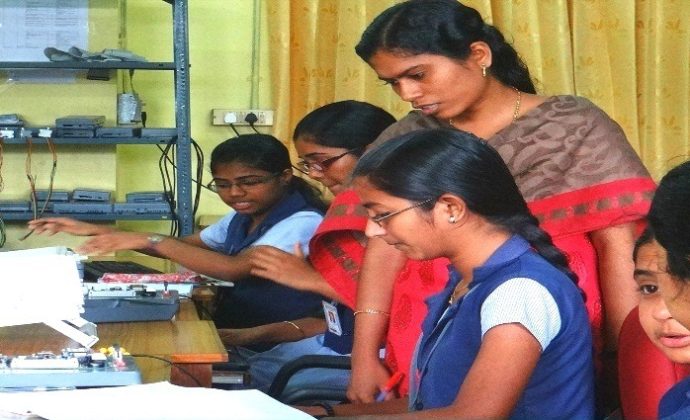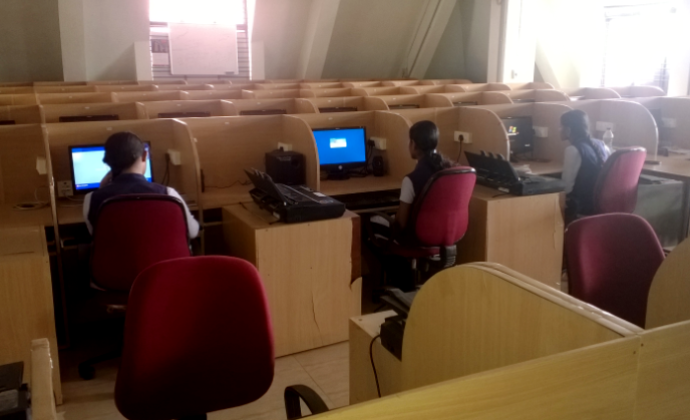B.Tech in Computer Science
and Engineering
The Department offers two batches of B. Tech in Computer Science and Engineering (CSE). Computer Science and Engineering is highly technical and demanding discipline that offers rewarding and challenging possibilities for the students. It is a broad and flexible degree program with the curriculum specifically designed to reflect the depth and breadth of computer science, which tend to develop strong theoretical and analytical skills. Computer science offers a foundation that permits graduates to adapt to new technologies and new ideas. The department provides state of the art computing facilities to the students. Graduates from the department are most wanted by both academia and corporates.






